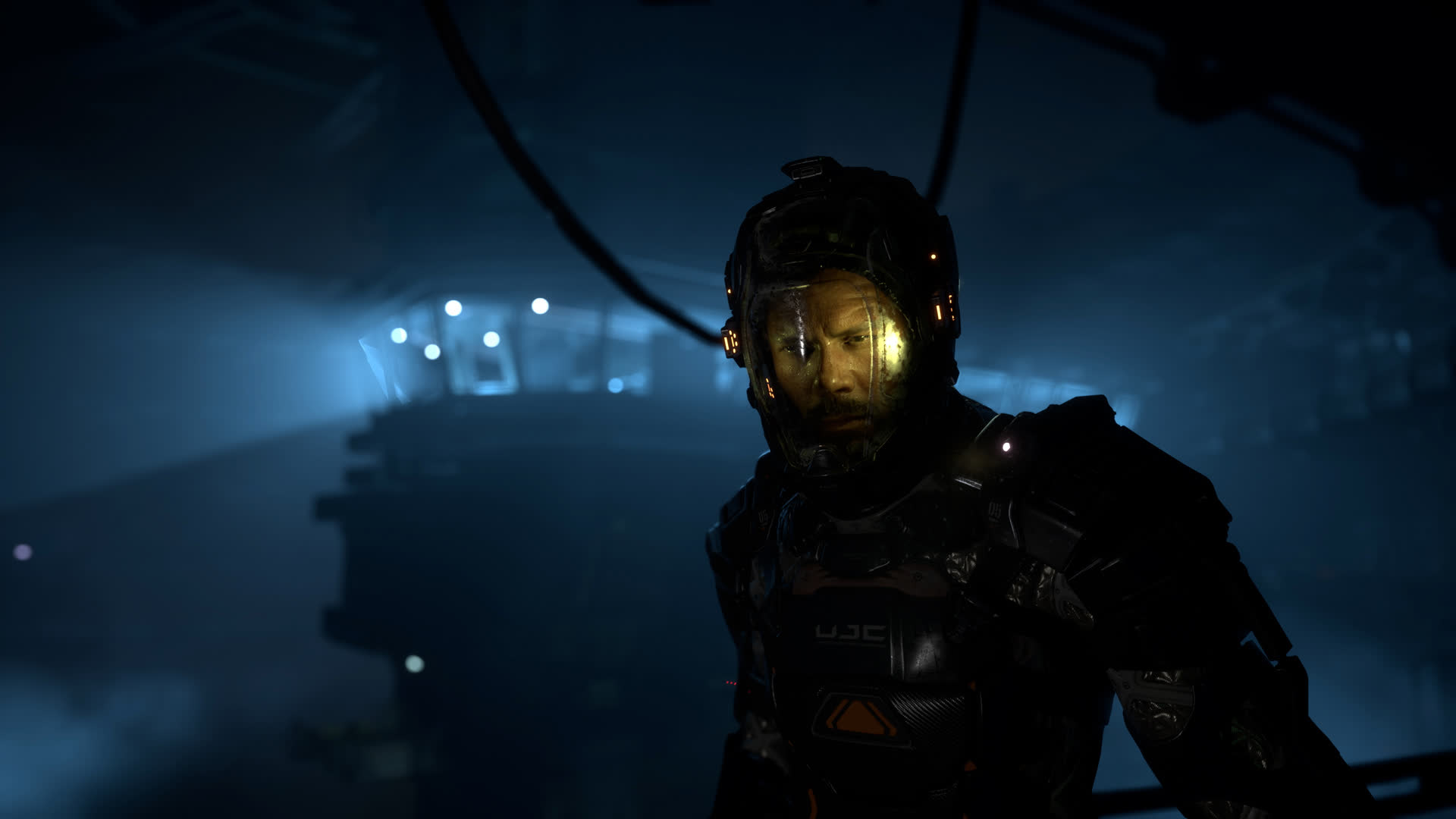A hot potato: Crunch culture, the term used to describe the massive amount of (often mandatory) overtime worked by those in the video game industry, has long been a controversial subject that many consumers and employees rally against. So, when a CEO tweets a message that seemingly glorifies the practice, don't be surprised when it's quickly followed by an apology.
The post in question comes from Striking Distance Studios' founder and CEO, Glen Schofield. In a now-deleted tweet, the director of upcoming horror title The Callisto Protocol wrote: "We r working 6-7 days a week, nobody's forcing us. Exhaustion, tired, Covid but we're working. Bugs, glitches, perf fixes. 1 last pass thru audio. 12-15 hr days. This is gaming. Hard work. Lunch, dinner working. U Do it cause ya luv it."
The tweet generated plenty of replies, almost all of them negative. It's easy for a company's founder and boss to talk about working every waking hour because they love something, but not all employees share these sentiments. And while Schofield suggests the work isn't compulsory, many people, not just those in the game industry, will know what can happen to workers who can't or won't put in excess overtime.
Schofield responded to the criticism with an apology. "Earlier I tweeted how proud I was of the effort the hours the team was putting in. That was wrong. We value passion and creativity, not long hours. I'm sorry to the team for coming across like this," he wrote.
Anyone who knows me knows how passionate I am about the people I work with. Earlier I tweeted how proud I was of the effort and hours the team was putting in. That was wrong. We value passion and creativity, not long hours. I'm sorry to the team for coming across like this.
--- Glen A. Schofield (@GlenSchofield) September 3, 2022
Stories about the crunch culture problem have permeated the video game industry for years. Examples include the months of long hours, including six-day weeks, worked at CD Projekt Red as it rushed to finish Cyberpunk 2077, despite the studio's previous claims that this sort of overtime would not be mandatory. Crunch was also said to be a big problem at Bungie and Rockstar.
Such a weird coincidence how the guy bragging about how his team works 6-7 days a week for 12-15 hours a day because they love it also happens to be the guy who controls all their salaries, titles, and current employment status
--- Jason Schreier (@jasonschreier) September 3, 2022
Game studios have been trying to address the crunch problem in recent times. Rockstar says it is overhauling its business to keep overtime under control for work on GTA 6, while Bethesda is reportedly no longer enforcing crunch after falling under the Microsoft banner. There was also the case of an environmental artist working on the PS5 remake of The Last of Us: Part I who said that, for the first time in his career, there was no crunch involved in making the game.
